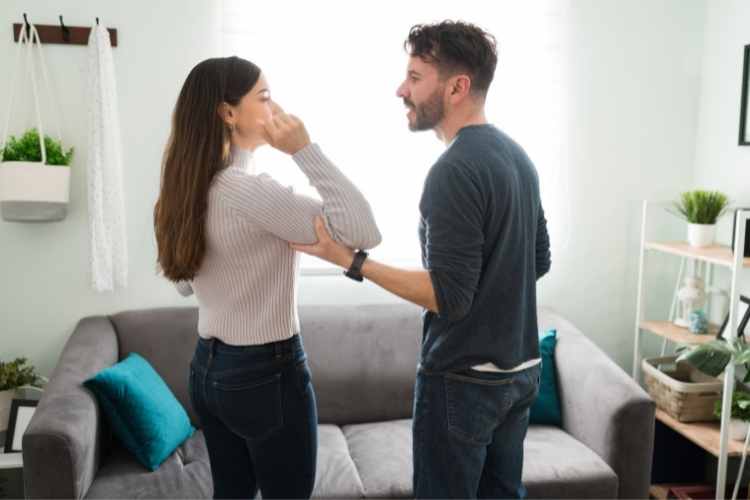The human body is a dizzyingly complex system of chemical reactions. Understanding all of it borders on impossible. That isn’t hyperbole—even something as small as the pancreas can be studied for an entire human lifetime and still hold mysteries that we haven’t figured out yet.
For that reason, it is no surprise that addiction is also mysterious in many ways. While we have a general idea as to how addiction happens, what is not as clear is the total impact it has on the human body. From disrupted brain chemistry to upset stomach processes to heart issues, addiction seems to break down everything at once. And the worst part is that there is not cure.
But that is partly because few diseases have cures. Instead, they have treatments. The difference is that a cure means the affliction is solved purely through outside means. A treatment means giving your body the tools to deal with a disease itself.
What is the best treatment for addiction? Surprisingly, most of the medications in the world are only half-measures compared to the impact that diet, exercise, and sleep have on it.
Today, we are going to go over how exactly these things help the fight against addiction.
The Role of Physical Activity
Anyone who has struggled with anything internal, whether it is addiction or depression, has been told that they should exercise more. But the unsolicited comments of outside observers rarely include a convincing argument for why physical activity helps a person.
Which is a shame, because the truth is that it does a lot. Generally speaking, people are designed for far more physical activity than we get. We evolved for caves and hunting rabbits, not pressing buttons in front of a computer screen. And our bodies are designed to not only respond to that activity, but to be reliant upon it for many health boons.
The one most important to an addict is how exercise toughens the body up. Even ten to twenty minutes of running per day can result in your body being more resilient to cravings for your vice, the effects of your vice, and the withdrawal symptoms from it.
How does this work? Simple: You know how your heart pumps blood through your body? Well, other processes in your body need to be “pumped” through it too, such as your immune system. The problem is that they do not have an organ dedicated to this. As a result, exercise is the best way to get those components of your body moving and strengthening all of it.
The stronger your body is, the (comparatively) less painful addiction will be.,
The Role of a Good Diet
A good diet helps you deal with addiction in a similar way, but far from the exact same way. To begin with, the important components of a good diet are the macro nutrients (fats, carbs, and protein) and the enzymes of plants found in fruit and vegetables.
These will make your body more responsive to healing and speed up the rate at which it produces hormones (which we will detail more when we get to sleep). But most importantly, they are another element of human evolution. These are the thing people evolved to eat.
As a result, they trigger instincts of long-term satisfaction that junk food and fast food can’t.
It is worth mentioning that junk food and fast food have their place. Short-term satisfaction is important, and it’s not like these things are completely absent macro nutrients.
The problem is that while they can be filling, they are not nutritious, which leaves your body weaker in the long term. And when you add that layer of stress onto your body, on top of the lack of strength from nutrition, you get an unhealthy diet that makes addiction much worse.
The Role of Sleep
You can go years without exercise and feel fine. You can go weeks without proper food and not notice until you put on weight. But you cannot go more than a day without sleep and not notice it. That is because sleep is what ties your hormonal cycles together. But what are hormones?
Hormones are chemicals found in your body, usually going from your brain to your nerves, or from your nerves to other nerves. They carry signals from one place to another. Most of these signals are things like “build muscle” or “digest food”.
But some are more abstract, like “feel happy” or “relax and go to sleep”. These hormones operate on cycles, wherein one hormone is digested to make another one. Serotonin is the “relax and go to sleep” hormone. It helps purge the body of the stress hormone, cortisol.
It also helps the body heal, gives the brain a break, and does a bunch of other things. In short, if you aren’t sleeping and getting the serotonin cycle started, then your body will malfunction. Everything from stomach problems to hallucinations to heart problems will form.
Perhaps most importantly is the fact that serotonin is critical for one’s ability to feel happiness.
The less sleep you get, the harder it is for your body to produce dopamine, the “feel happy” hormone. Many addicts form addictions because their vice is the only reliable source of dopamine that they get. It is easy for them to get reliant on that and fall into a vicious cycle of using drugs to feel happy, feeling guilty for using drugs, then using drugs to escape guilt.
Conclusion
Staying healthy is not easy. Even if you know exactly what to do, sometimes you are just too tired to exercise, too busy to eat right, and too stressed to sleep properly. Plans for such things will often fall apart, though planning is still of the utmost importance.
But nobody tackles addiction on their own. Fortunately, there are tons of people ready and willing to help with both medical attention, advice, and counseling. Visit us to find out more.

